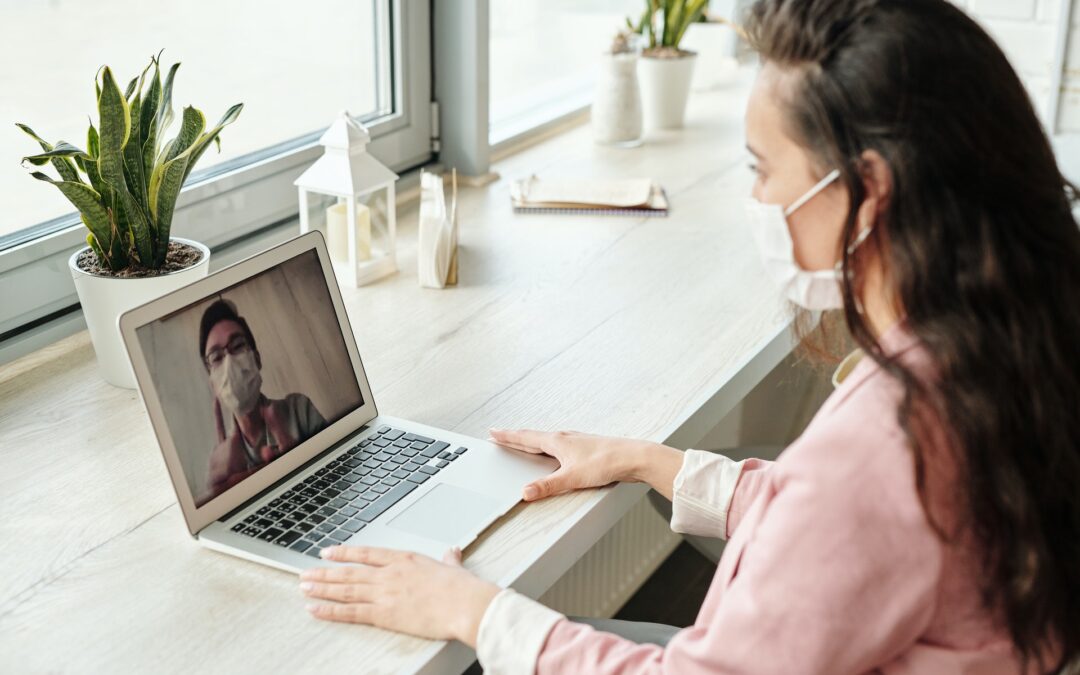– Michelle Williams, Dean of Harvard Chan School
The pandemic has taken a toll on so many aspects of our lives, it’s difficult to even begin to unpack everything. One thing is for sure, though: the impact on mental health has been staggering. There has been a 300% increase in anxiety and depression during the pandemic. Now it’s reported that 1 in 4 adults experience symptoms of depression. While we must still be cognizant and careful in keeping people safe from COVID-19, we must address the impact the past year has had on the nation’s mental health.
Folks have been navigating some really difficult situations during the pandemic: isolation, loss & grief, race relations, job insecurity, political instability, as well as coping with general uncertainty and fear. For those who have been working on the frontlines, there has been a major increase in anxiety and depression in particular. One in five healthcare workers globally experienced anxiety and depression, and 21.5% experienced moderate levels of PTSD from increased caseload and longer working hours under strenuous conditions. What can be done to try and safeguard the mental health crisis?
Don’t Be Afraid to Ask for Help
While counselors, psychologists, and psychiatrists have certainly seen an increase in caseload, there are options to meet virtually with therapists during this time. While it can be difficult to seek support from friends, coworkers, or family while we are in isolation, don’t hesitate! We need to lean on our support systems during this difficult time.
Get Outside
A growing field called ecotherapy explores the impact of being out in nature on lowering our stress, anxiety, and depression levels. Nature can have an incredibly positive impact on our mental health. 20-30 minutes in the woods a few times a week can be enough to elevate our mood and alleviate symptoms of anxiety and depression.
Stay Active
Exercise can be incredibly powerful in impacting mental health. In this study, scientists concluded that 3-5 45-minute exercise sessions delivered optimal mental health effects.
Eat Well
Eating a balanced diet filled with vegetables and nutrients is associated with high levels of well-being. Maybe there is something to the timeless phrase “you are what you eat”.
At VIP Ketamine Clinics, we believe that pharmacological depression treatments are most effective when enhanced by mind-body lifestyle changes, such as exercise, diet, cognitive behavioral therapy, and more. Those of our ketamine patients who take a mind-body approach to healing see the best results.
Could we change your life? Contact VIP Ketamine Clinics today to learn more about our unique approach to depression treatment.

